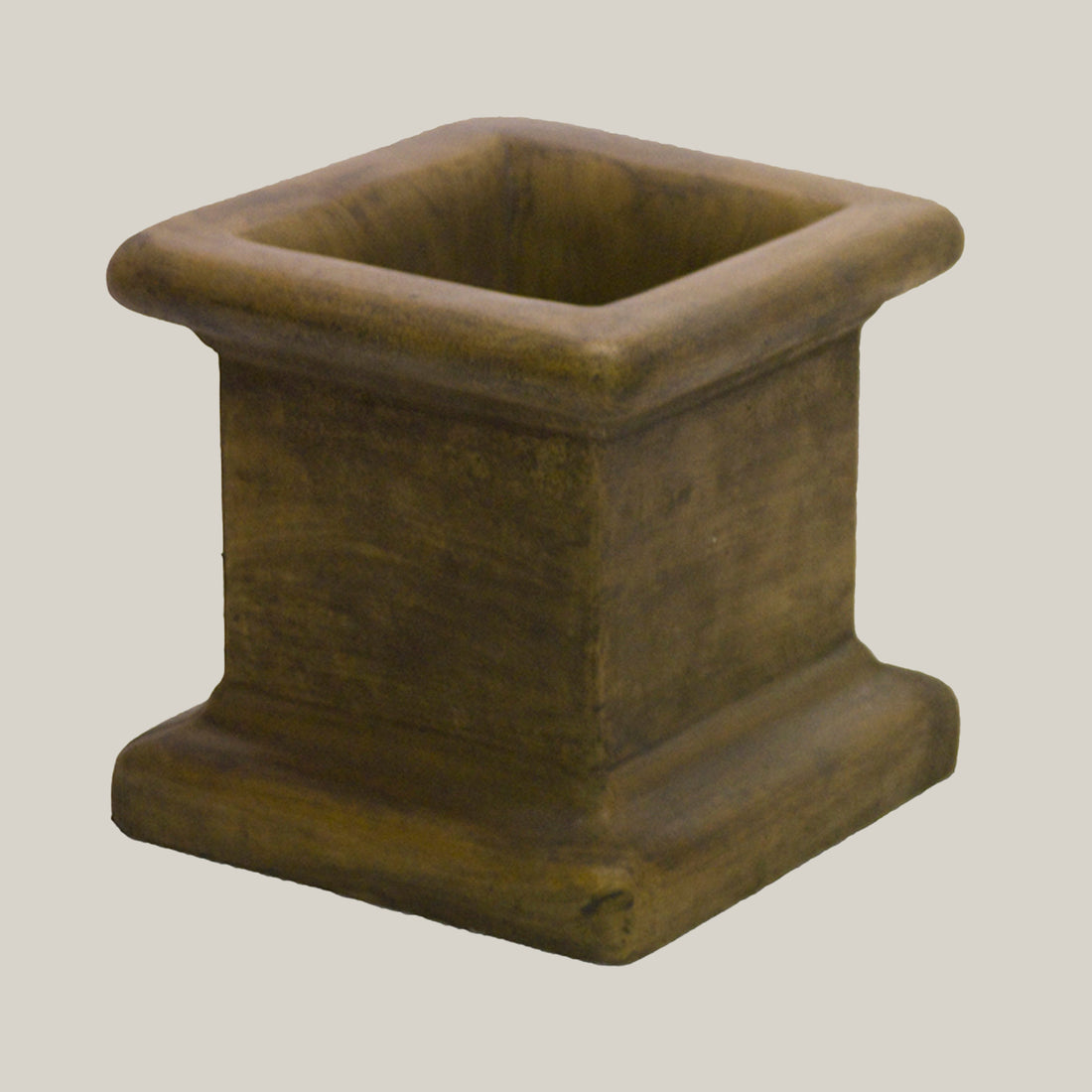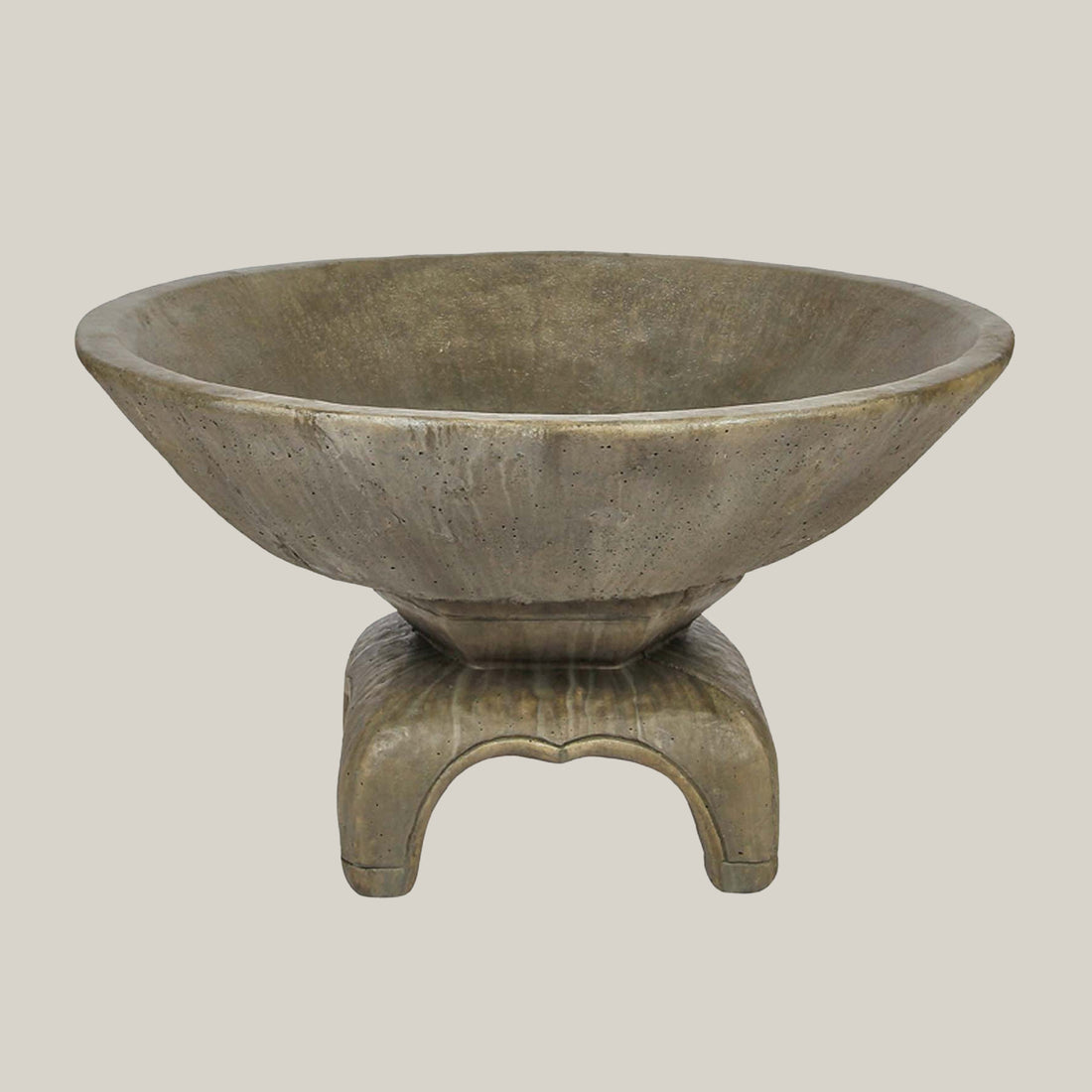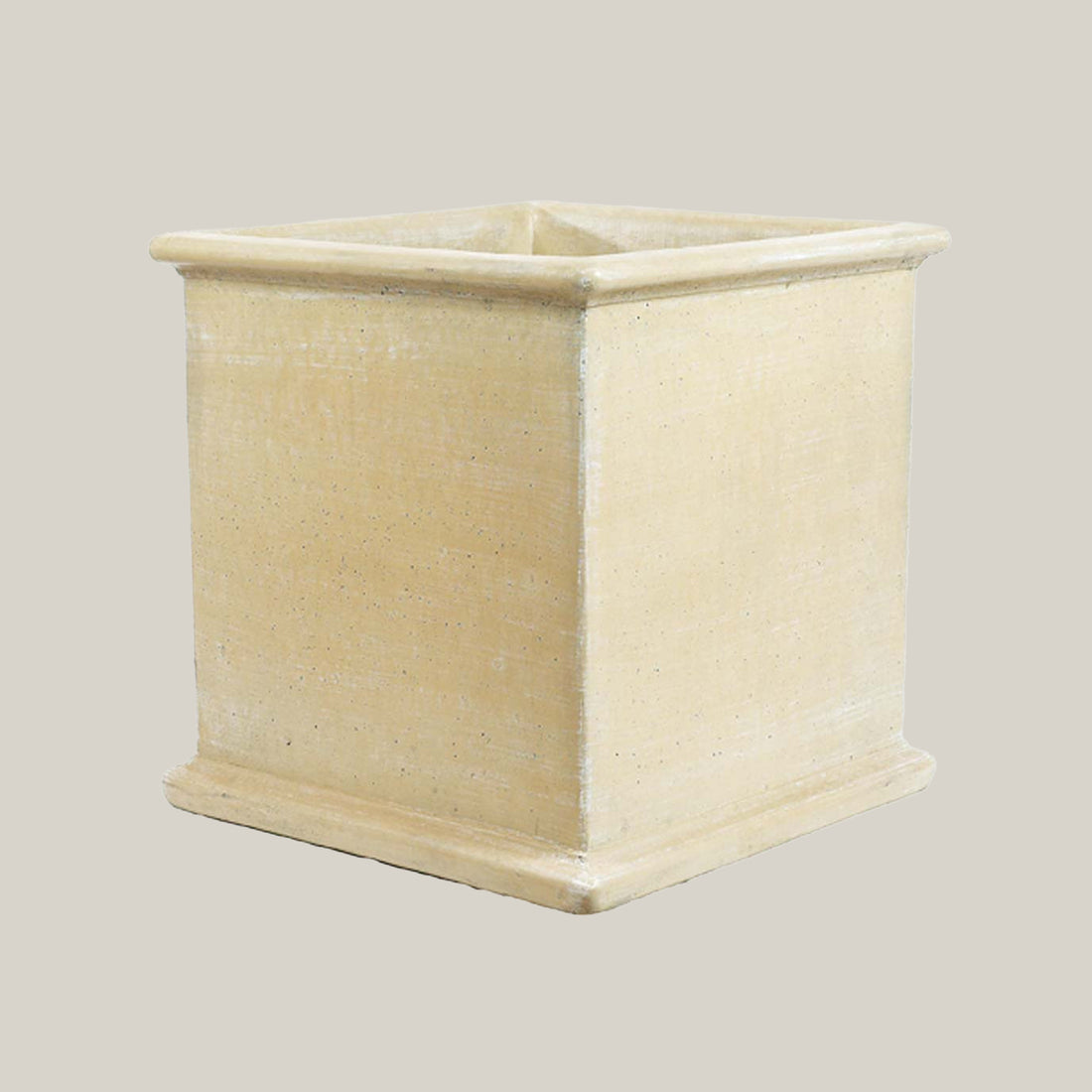Gardening Tips and Tricks
Gardening can sound scary to newbies. It doesn't sound easy when you hear your grandparents go on about how much work it takes. But no worries, gardening can be a piece of cake if you know the right tips. Tips have been passed down through gardeners for centuries. These are some gardening tips for beginners:
- When planting, always add a handful of compost or organic matter. Ecohouse states that compost needs a lot of green matter (food scraps or grass clippings) and brown matter (leaves or straw). Add water to your compost container to speed up decomposition.
- After planting, keep the soil moist for a few weeks while your plant adjusts to its new home. After the roots get comfy, they will find water more efficiently.
- Choose native plants or plants native to areas with similar weather. Research your climate type before purchasing plants. For example, Austin, Texas, has climate type 8b. Climate 8b has mild winters and long growing seasons. This climate is suitable for various plants, but it gets just cold enough in Winter for tropical plants to be a poor choice.
Gardening Tips for Vegetables
Growing fruits and vegetables sounds like an even bigger task than regular plants. But don't sweat it; crops can be easy. Here are some gardening tips vegetables will love:
- Choose a spot with full sun – Most crops prefer full sun, so they need plenty of light to grow. Grow them in a spot that gets at least six hours of direct sunlight daily.
- Pull weeds and harvest regularly – Weeds can hinder growth; keep an eye on them. Harvest your fruit when ready so the plant can focus energy on creating new fruit.
- Start with seedlings – Starting from seed can be tricky, so starting with young plants is recommended. Try starting some from seed as a trial run separately while using seedlings for most of your first crops. That way, you won't be short harvests for your first attempt.

Bonus tip: Some easy veggies are tomatoes, peas, and peppers.
How to Garden in Raised Beds
One standard method of growing plants around the home is raised beds. You may think they are only for aesthetics, but garden beds are helpful for a number of reasons:
- Easier maintenance – Raised garden beds are typically one to two feet above the ground. This height keeps gardeners from straining their backs when tending to plants.
- Pest protection – Snails and bugs are common pests. For vegetables especially, raised beds may shield plants from small pests.
- Prevents overspreading – The raised bed barrier prevents weeds from getting inside and invasive plants from spreading outside.
Using raised beds is how to garden flowers and vegetables effectively due to their required attention.
How to Garden in the City
To know how to garden in the city is to know how to garden in pots. With limited space, there are some tips you can use to have room for more plants:
- Use tiered plant stands. Have a vertical three-tiered plant shelf to place three plants where you would have one. This saves space and allows draping plants to be higher up too. You can even use YouTube guides and make a simple one on a budget.
- Another great way to conserve space is by using a vertical garden. Vertical gardens run up a wall to allow maximum vertical space use. You can even use a shoe rack to plant herbs.
- A good tip from Craftionary is to place a coffee filter above a pot's drainage hole. This allows water to flow out without making a mess and your pot losing precious soil.
If you live in the city, you need premium pottery for your plants. At Ten Thousand Pots, we have the largest selection of ceramic planters and yard art in Texas. Come see all of the different colors and styles we offer! We provide free consultations from our team every day. You can reach us at (512) 584-8889 or learn more about the services we provide. Learn more about what we do here. If you don't live near us, we ship anywhere in the US.
Related Content:






